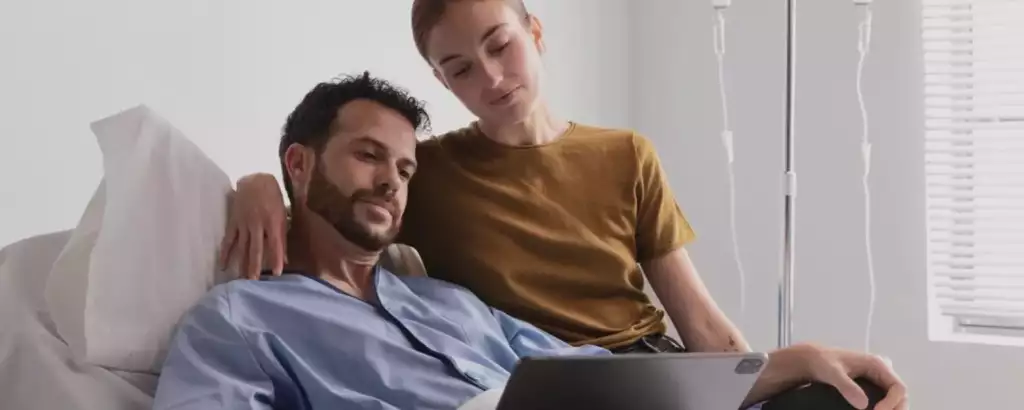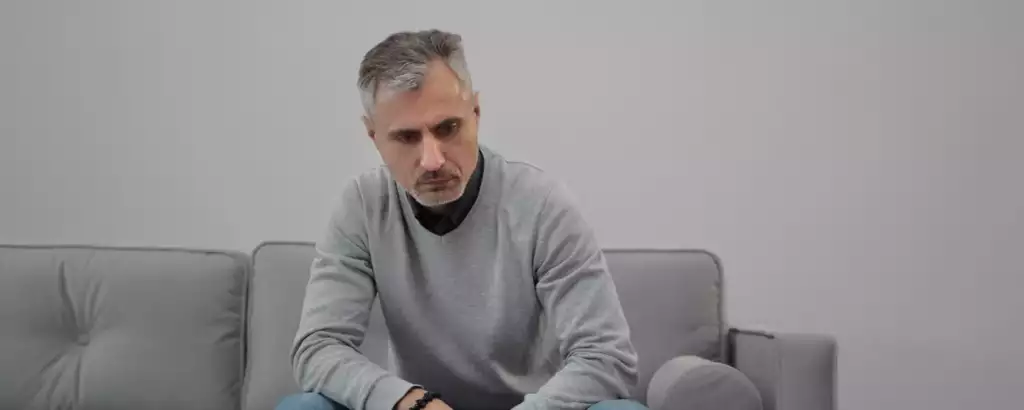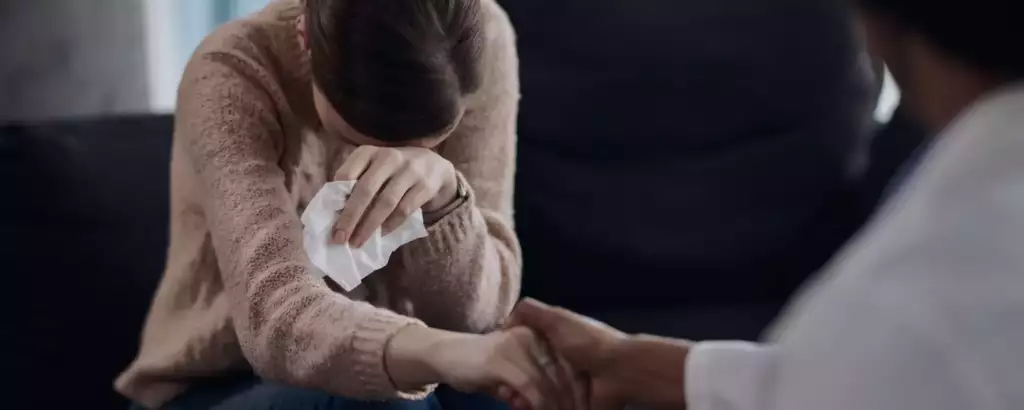Nova Vitae Treatment Center works alongside patients who struggle with dealing with the “powerlessness” feeling of recognize the decisions they have made that has contributed to addiction. They choose to recover through a Non-12 Step program. The 12 step program constantly references God, and this can alienate patients who do not depend on faith for recovery. There are other options at Nova Vitae Treatment Center.
Cognitive Behavioral Therapy
Cognitive Behavioral Therapy concentrates on analyzing the individual’s potential to change their behavior. This plan involves reforming how individuals think and developing their emotional skills. Another approach is group therapy, which develops coping skills, behavior modification, trigger identification, anger management, and communication skills for participating individuals.
SMART RECOVERY
Cognitive Behavioral Therapy is an abstinence based program that empowers individuals and provides them with the belief they can steer lives in the right direction. It is a self-powering community support program that helps individuals change their feelings and behaviors through education and use of tools. This program is easily accessible through chat rooms, online meetings, technological means, and personal groups.
Dialectical Behavior Therapy (DBT)
Dialectical Behavior Therapy (DBT)provides treated individuals with strategies to regulate their emotions, develop successful interpersonal relationships, increase distress tolerance, and be more mindful of the environment. DBT is effective in treating substance abuse and mental health disorders such as depression, anxiety, and eating disorders. The first stage of DBT establishes a foundation for your journey to recovery by gaining control over life-threatening behaviors. The second stage involves improving the way you express your feelings. The individual’s problem-solving skills will improve and so are their interactions with the environment.
Motivational Interviewing
Motivational Interviewing includes three concepts: Collaboration, developing ideas, and creating autonomy. Collaboration builds rapport between the therapist and the recovering addict. It creates a more cooperative atmosphere that allows the individual to develop trust towards the therapist. The individual’s own ideas for recovery are drawn out and their motivations for recovery are outlined. Instead of having authority over the client, the therapist allows them to make their decisions autonomously. Ultimately, it is up to the individual to make the changes happen and take responsibility for their actions.
Guided Imagery Therapy
Guided Imagery Therapy is a cognitive behavioral technique that guides clients to relax by visualizing peaceful and tranquil images. Research has provided proof that visualizing imagine scenes can influence behavior. It helps individuals modify behaviors, especially to relax, manage negative emotions, eliminating undesirable behaviors, develop effective pain management, and cope with difficult conditions.












